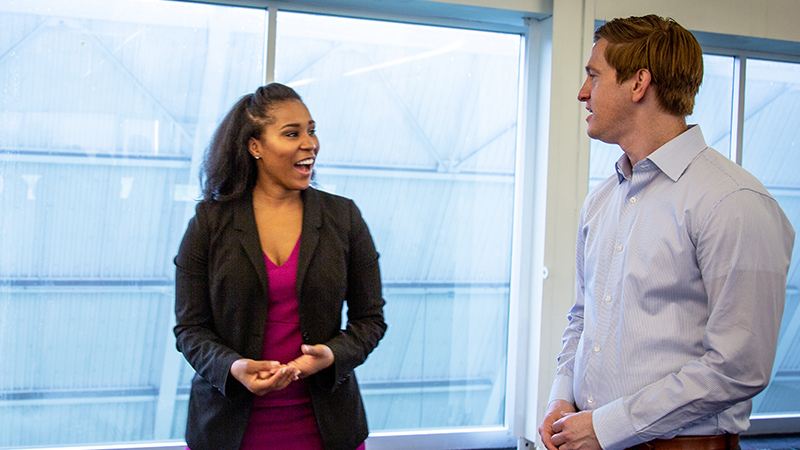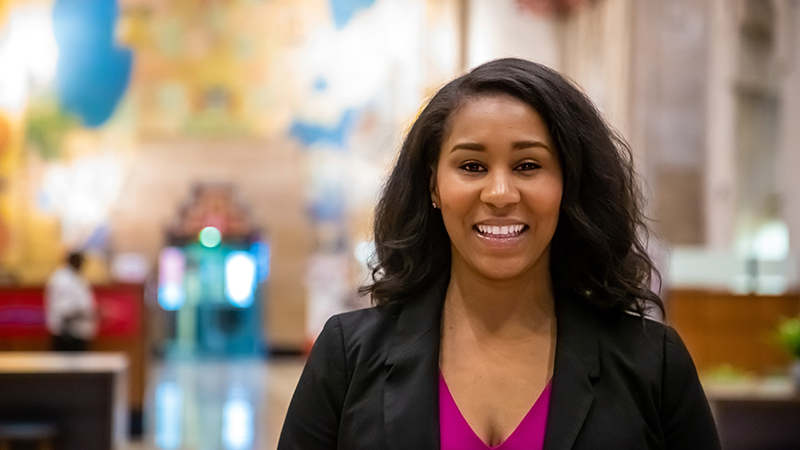Detroit's story resonates with me because—like Detroit—my success also happened against all odds. I was born the oldest of six children to an absent father and a mother who was battling drug addiction and mental health issues while trying to raise us.
When I was a kid growing up in Sacramento, CA, we moved around a lot. From a three bedroom house by Southside Park, we moved to a homeless shelter in Del Paso Heights, then to a hotel room in South Sacramento.
Because of my unstable home life, my future was uncertain. Especially because our final move to the hotel meant that I couldn't attend school—my safe haven—for many weeks. I remember feeling completely defeated, like the world didn't care about my brothers and me. But I was determined to not let my circumstance define my fate.
One day, I had enough. I gathered some change and called the bus company to get directions to my school. As I stepped into first period, I was shocked to find that people did care and had been looking for us. I was even more surprised when I ended up talking with social services later that day. I wouldn’t see my brothers again for several years.
I was 13 when I entered the system and I spent most of my teenage years in foster care. While it wasn’t ideal, foster care gave me the stability I desperately needed. It helped me nurture the confidence to dream big, to explore secondary education and degrees, things that I'd previously thought myself unworthy of attaining.
I didn’t take my second chance for granted. I graduated at the top of my class from Grant High School and went on to get my bachelor's from the University of California, Berkeley. A few years later, I got my master's in public policy and urban planning from Harvard University's Kennedy School of Government.
Pulling into the lot, I park my car to finish the rest of my commute on foot. As I join the busy downtown crowd, suited and ready for the day, I reflect on the first time I was a part of a crowd like this one. It was my first day as a California Senate Fellow.






